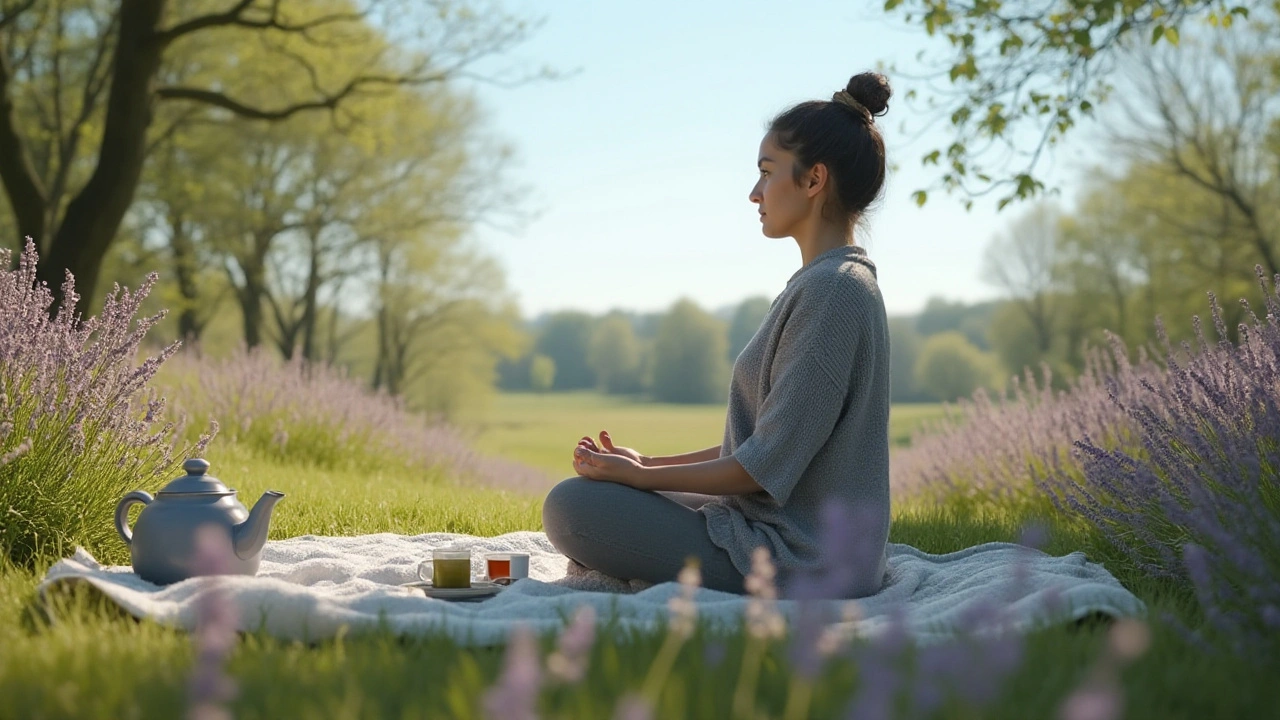Mental wellness that actually helps: simple steps and smart info
Mental wellness isn’t a buzzword — it’s a set of habits and choices that make daily life easier. If you’re stressed, low, or just want better mood control, start with small, practical actions you can repeat. This page gathers short, useful tips and links to clear articles on treatments, therapy, and evidence you can trust.
Everyday habits that change how you feel
Sleep, movement, and food matter more than people often admit. Aim for a consistent sleep window — going to bed and waking up at similar times helps mood and focus. Try 20–30 minutes of brisk walking most days; it raises mood chemicals and clears your head. Swap one processed snack a day for something with protein and fiber to stabilize blood sugar — that prevents mood dips and irritability.
Build tiny routines. Five minutes of morning breathing, a 10-minute walk after lunch, or a nightly screen-off time can reduce anxiety. These are low-effort changes that add up fast.
Treatments and real research — what to know
If you’re thinking about medication or therapy, here’s what’s practical: talk to a clinician and be specific about goals — sleep, work, relationships. Recent research discussed on AccessRx.su shows antidepressants may offer small benefits for mild depression in some people, and other options like psychotherapy, exercise, or behavior changes can be as useful. That doesn’t mean meds are wrong — it means pick the approach that matches how you feel and what you want to change.
Non-drug tools can help too. Music therapy has shown benefits for memory and mood in people with cognitive decline — it’s easy to try and low risk. If medication is part of the plan, follow dosing advice, watch side effects, and check interactions with other drugs.
Want fast relief from anxiety? Use grounding: name five things you see, four you can touch, three you hear, two you smell, one you taste. For low mood, schedule an activity you usually enjoy — even 15 minutes can shift your brain chemistry.
If sleep is the issue, reduce evening caffeine, dim lights an hour before bed, and avoid heavy screens right before sleep. For persistent problems, a sleep-focused therapist or your doctor can help with proven strategies.
When to get professional help: if you feel hopeless, have suicidal thoughts, can’t work or care for yourself, or your symptoms last weeks despite trying self-care, reach out. Call a local crisis line or contact your healthcare provider. Quick help can prevent worse problems.
Explore related guides on AccessRx.su for deeper info — from the latest on antidepressant research to music therapy techniques for Alzheimer’s care. Pick the topics that fit your situation and try one new practical tip this week. Small steps, done consistently, improve mental wellness more than big, occasional changes.
Exploring Natural Remedies for Anxiety Instead of Buspirone
In a world where anxiety can overwhelm, people often search for effective remedies to find peace. While medications like Buspirone offer relief, there’s growing curiosity about natural alternatives. This article delves into various herbs, lifestyle changes, and mindfulness practices that help manage anxiety symptoms. These natural methods can be a great supplement or alternative to traditional medication, offering a holistic approach to mental health.

